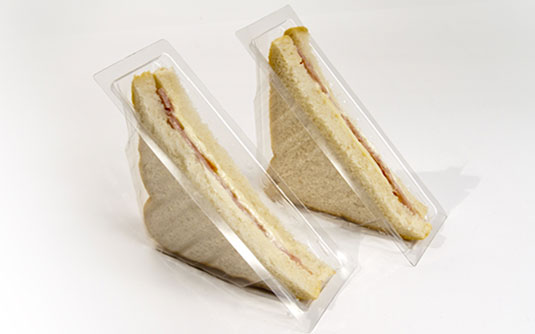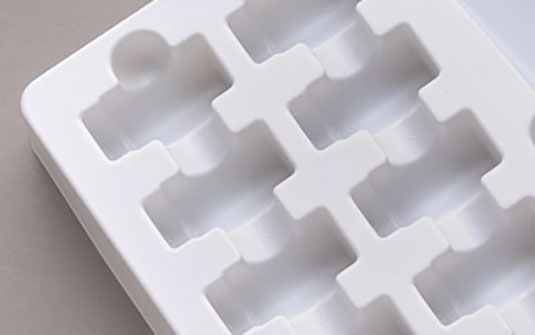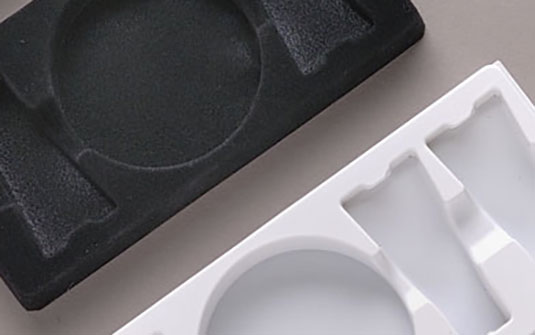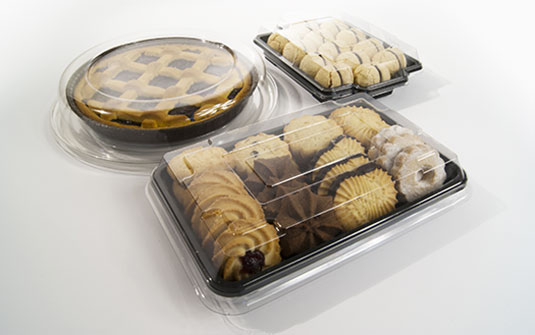
PLASTECO: PERSONALISED BLISTER PACKS AND DISPLAY CASES
Plastic blisters are widely used to create customised protective packages and cases, in which the products are inserted before being boxed. Plastic blisters enable excellent protection of products and allow them to be displayed in an ordered way, secure but extremely attractive!
PLASTECO’s plastic blisters enable the products to be divided into convenient doses: in this way, it is not necessary to open the whole product and only the quantity desired need be taken out. One example is medicine in capsules, sold in plastic blister packs so that only the number of tablets required need be taken out, leaving the others still packaged and protected.
The main advantages of the packaging offered by PLASTECO are:
- the personalisation of the product
- the integrity of each individual piece
- the option of placing a customised logo on the thermoformed package

Plastic blisters are packages able to guarantee protection (they have a certain degree of resistance against tampering) and the preservation of the products.
PLASTIC BLISTER PROTECTION: HOW DOES IT WORK?
How does the production of plastic blisters work? Starting from the semi-processed material in slabs, thermoforming can be undertaken by means of adhesion to a mould of the semi-processed material that is preheated beyond the glass transition temperature and then cooled.
In this operation, the semi-processed material almost always constitutes the membrane of separation between two environments at different pressures, both positive and negative; the heating can be carried out by hot air or infrared lamp irradiation, the cooling is generally done by air flow.
The actual thermoforming is carried out with different systems: negative mould, positive mould, positive/negative mould, with preliminary blow-moulding, with counter mould.
PLASTIC BLISTERS: WHICH APPLICATIONS?
PLASTECO’s plastic blisters are used for the packaging of games, hardware and electrical objects and many other consumer products. Customers can examine the product through the blister’s transparent plastic. PLASTECO’s plastic blisters are generally designed to be difficult to open by hand in order to discourage tampering and theft. To open plastic blister packs, the use of a pair of scissors or a sharp knife is recommended.
PLASTIC BLISTERS AND THERMOFORMING
In thermoforming with plastic blisters, a film is rolled out from a reel and guided through a pre-heating station on the blister line. The heating temperature of the plates is such that the plastic softens and becomes pliable. The hot plastic then reaches a station where it is given the shape required by laying it on an aluminium mould. Finally, the shape obtained is cooled so that the plastic becomes rigid again and maintains its shape even after being removed from the mould.
Do you want high-quality personalised production in rapid times?
Contact us right away: our staff are at your disposal for a consultation without commitment.



